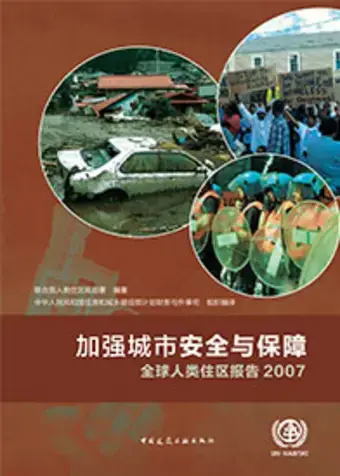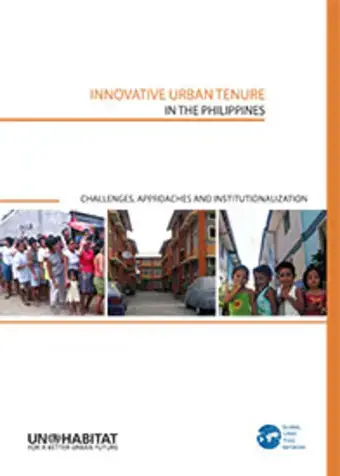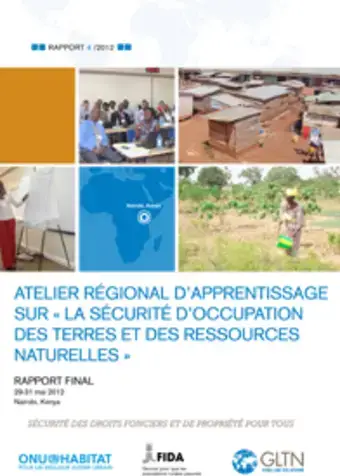In this lecture Peter Ward from The University of Texas at Austin presents data drawn from a nine-country/eleven city collaborative study that examines self-built housing in old established low-income neighborhoods formed 25-40 years ago.
Too Pressed To Wait - Jane Weru, Executive Director Akiba Mashinani Trust
Jane Weru, Executive Director of Akiba Mashinani Trust, in her lecture “Too Pressed To Wait” discusses the water and sanitation hygiene systems in informal settlements in Nairobi, and how they are causing a strain on both the physical and psychological health of people who live and work in these settlements, in particular women and girls.







